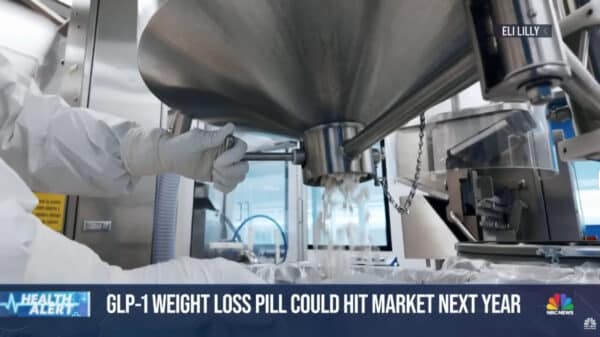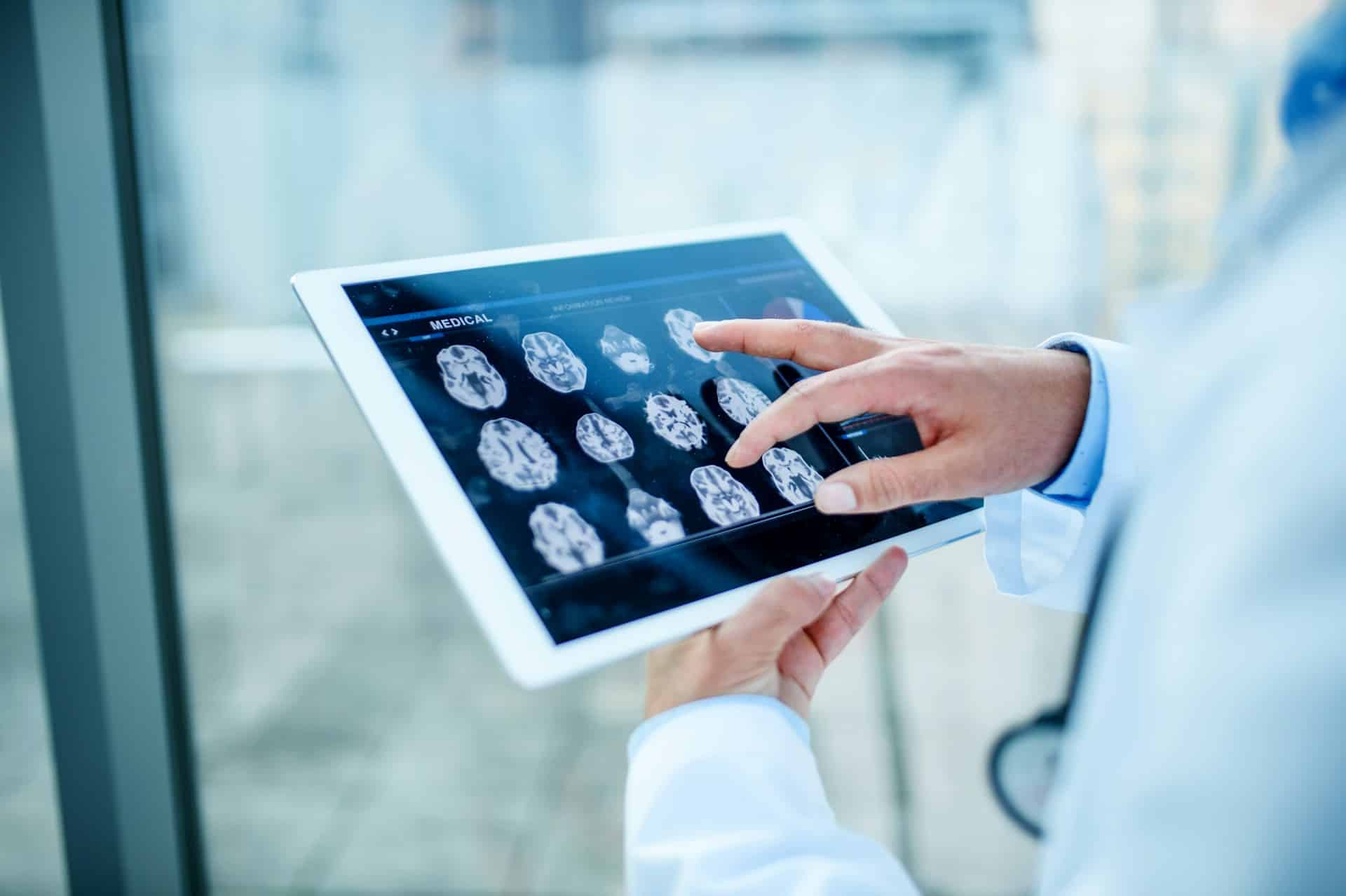In modern healthcare, the idea that prevention is better than cure has gained significant traction, spurred by technological advancements. This shift is redefining our approach to health, moving away from reactive care to a more proactive and preventative methodology. Today, we have access to a plethora of devices that empower us to monitor our health metrics continuously, thereby allowing us to make informed decisions that impact our wellbeing directly.
The Tech We Wear and Use Daily
Wearable technology is revolutionizing health monitoring, offering insights into our daily physical condition like never before. Smartwatches and fitness trackers have evolved far beyond their initial functionalities of counting steps and tracking calories. They now enable users to monitor heart rates, sleep quality, and even conduct electrocardiograms (ECGs), which can be crucial for early detection of health issues.
The Role of Smart Household Devices
Beyond wearables, smart home devices contribute to a comprehensive health management ecosystem. Smart scales provide in-depth analysis, revealing not just your weight but your muscle mass, body fat percentage, and more, all integrated into apps that consolidate your health information. These advancements represent a significant step forward in making health data accessible and actionable for everyone.
Medical Device Development: A Key Driver
Behind this wave of innovation is the critical work conducted by specialized medical device development companies. These organizations blend advanced engineering with a nuanced understanding of human health, creating consumer-friendly products that meet rigorous safety and efficacy standards. Their role cannot be overstated—without their input, many of today’s transformative health technologies might never have made it to market.
Changing Patient-Provider Dynamics Through Remote Care
The COVID-19 pandemic has accelerated the use of telemedicine and remote health monitoring, reshaping the traditional doctor-patient relationship. Patients can now leverage technology to share real-time health data with their healthcare providers, leading to timely adjustments in treatment plans, especially for chronic conditions such as diabetes and hypertension. This proactive healthcare approach fosters better health outcomes and allows patients to engage more meaningfully with their care.
The Future: AI and Personalized Medicine
As we look ahead, technologies such as artificial intelligence (AI) are set to enhance our health management further. AI can analyze vast datasets derived from wearables and other medical devices, offering tailored health insights that individuals or even healthcare providers may overlook. This symbiotic relationship between technology and healthcare professionals equips patients with tools to manage their health more effectively and enhances the overall quality of care.
Conclusion
In summary, the landscape of healthcare is changing rapidly, thanks to technologies that promote proactive health management. Embracing these advancements not only empowers individuals to take charge of their health but also establishes a new paradigm for how we perceive wellness—from mere reaction to active engagement.
Comments and Insights
As we explore this technological revolution in health, it’s important to recognize that while these innovations offer remarkable benefits, they also come with challenges—such as ensuring data privacy and equipping all demographics with the necessary technological literacy. What remains clear is that adopting a proactive approach to our health has never been more attainable or necessary, offering pathways to not only better individual health but ultimately, a healthier society.
Image Source: Unsplash





























